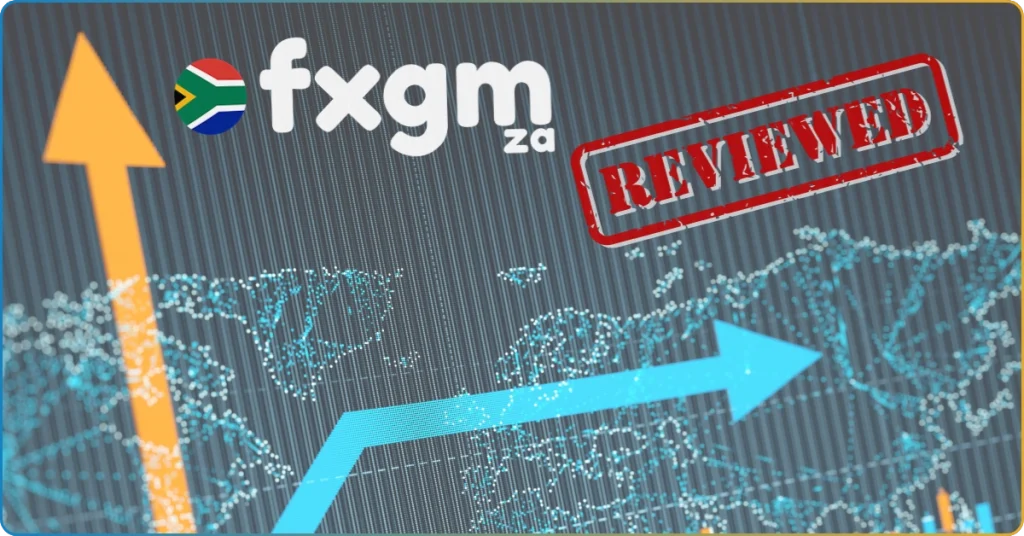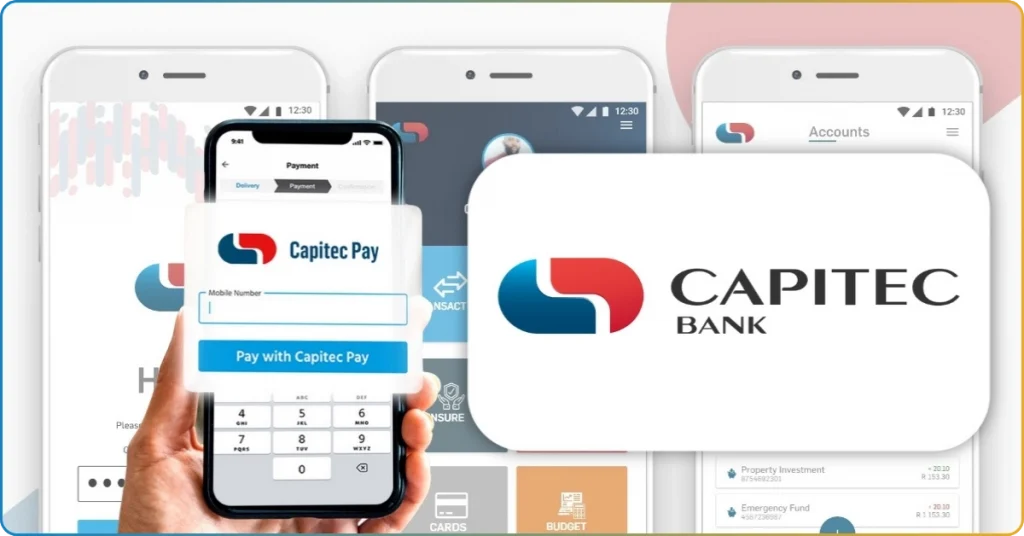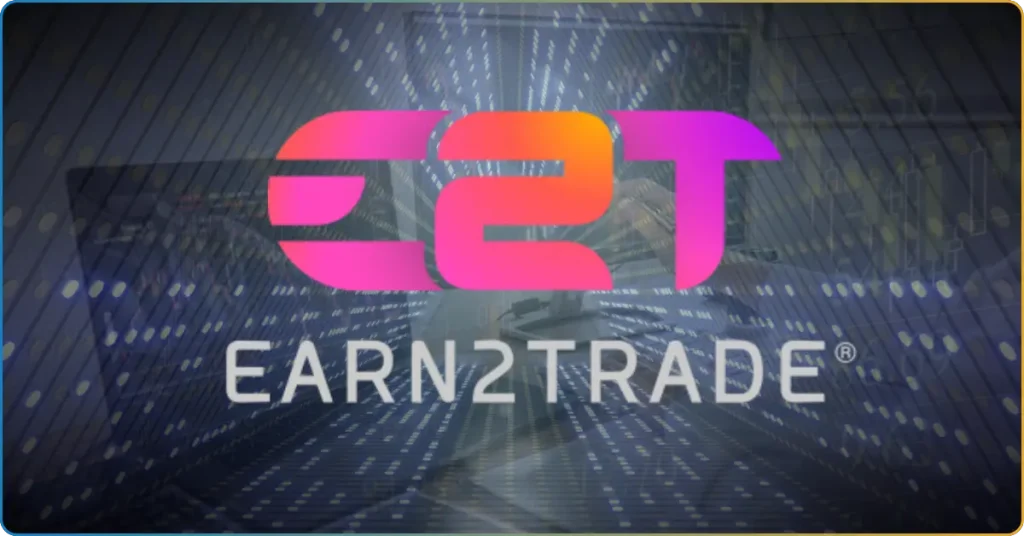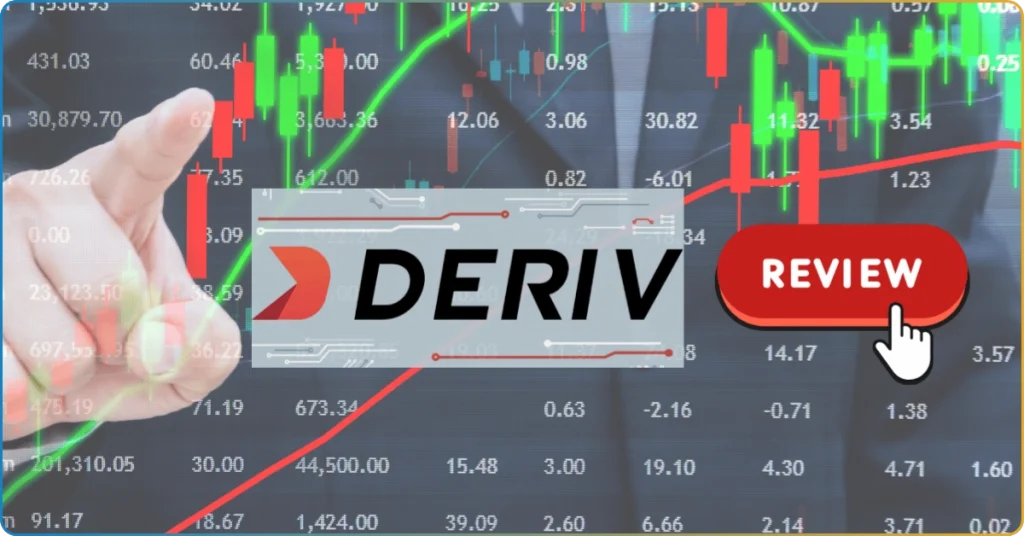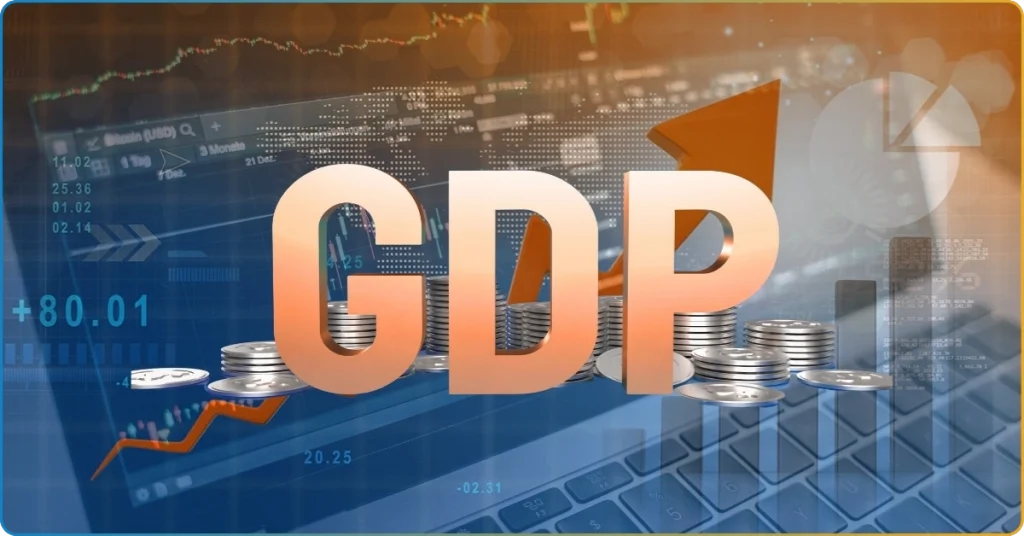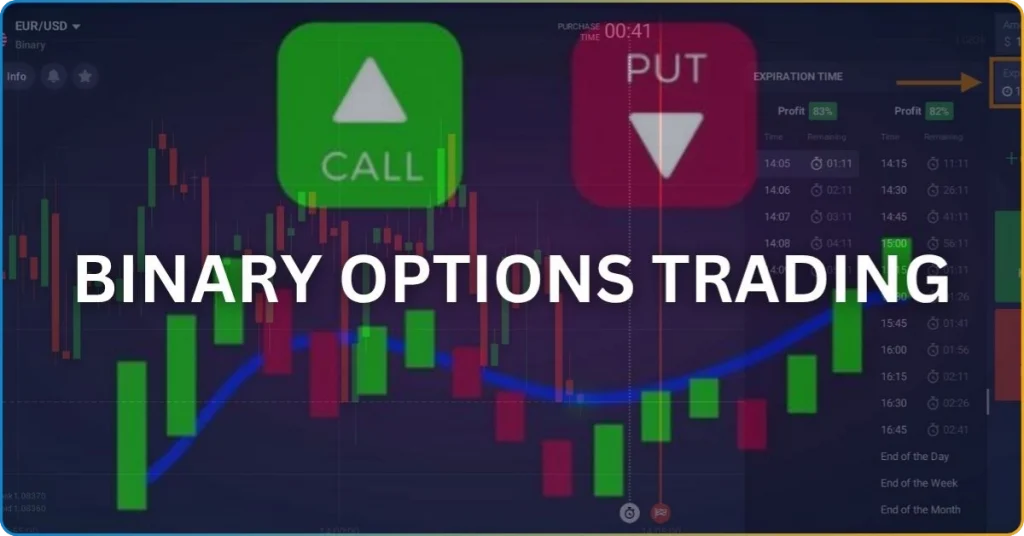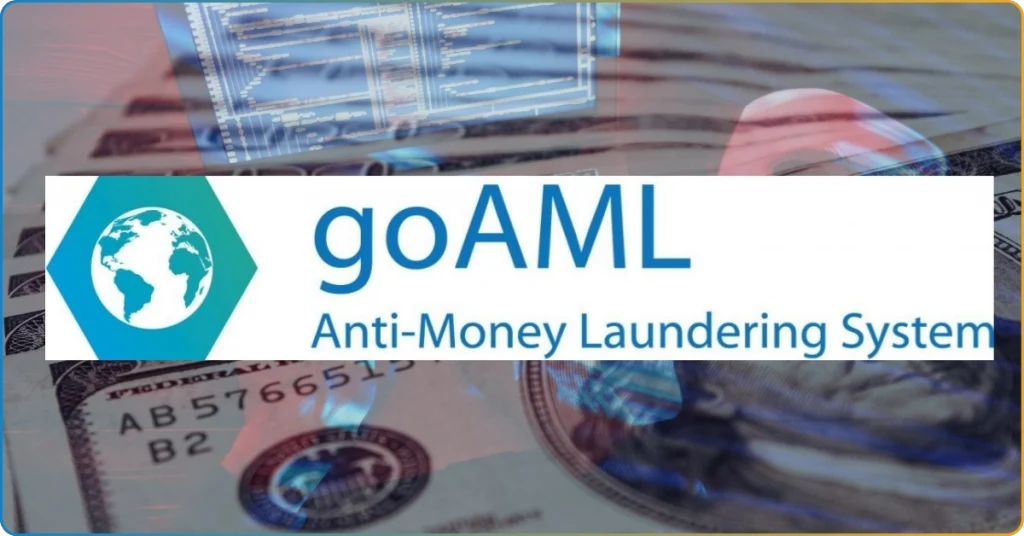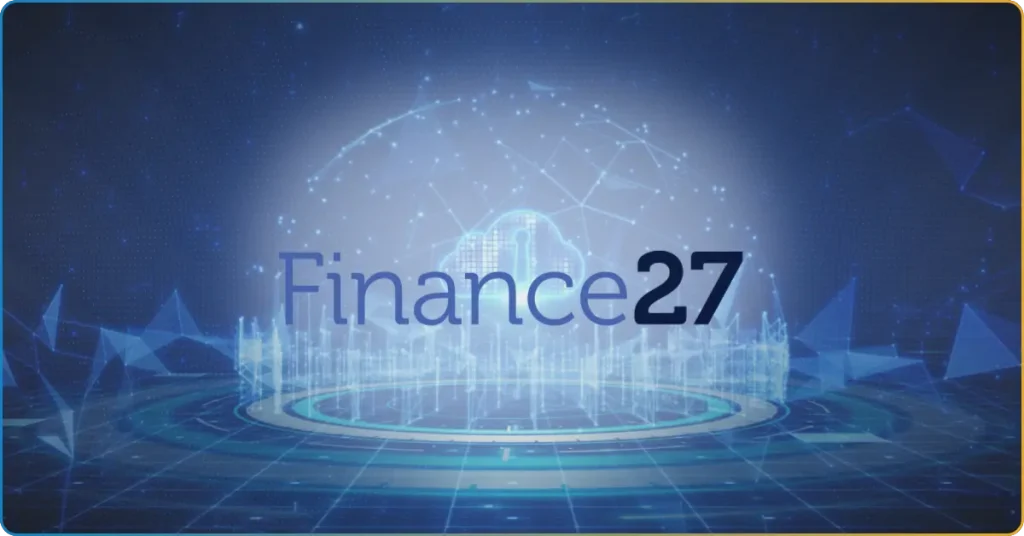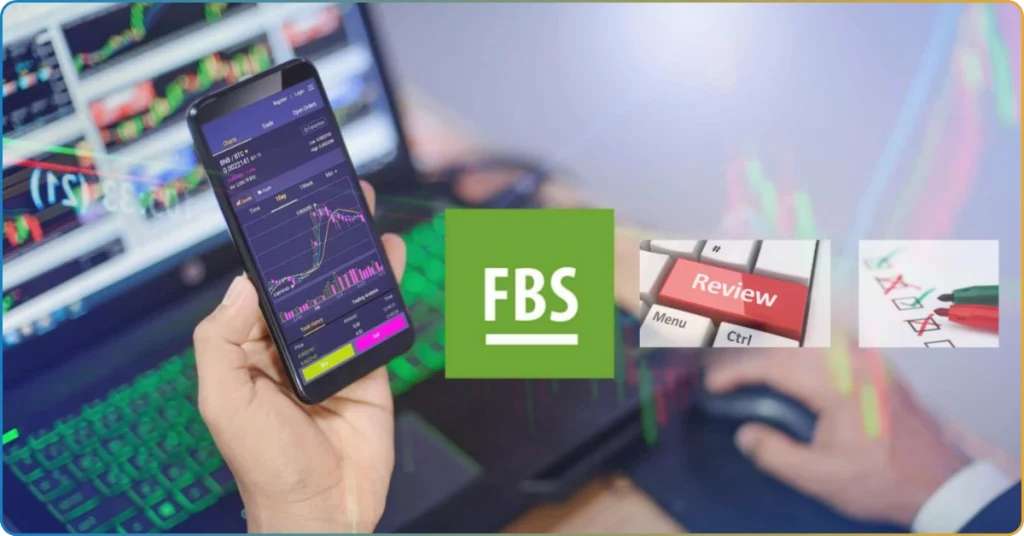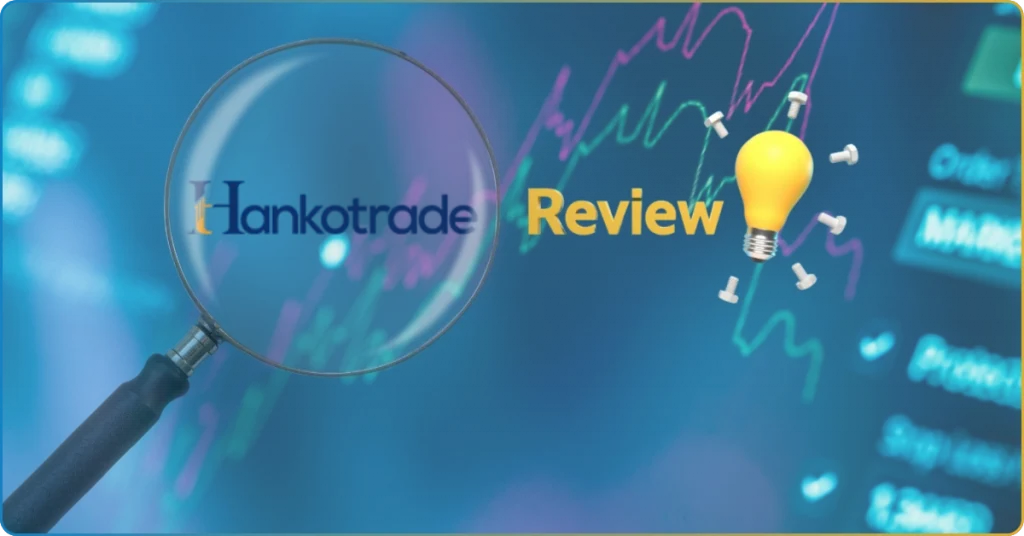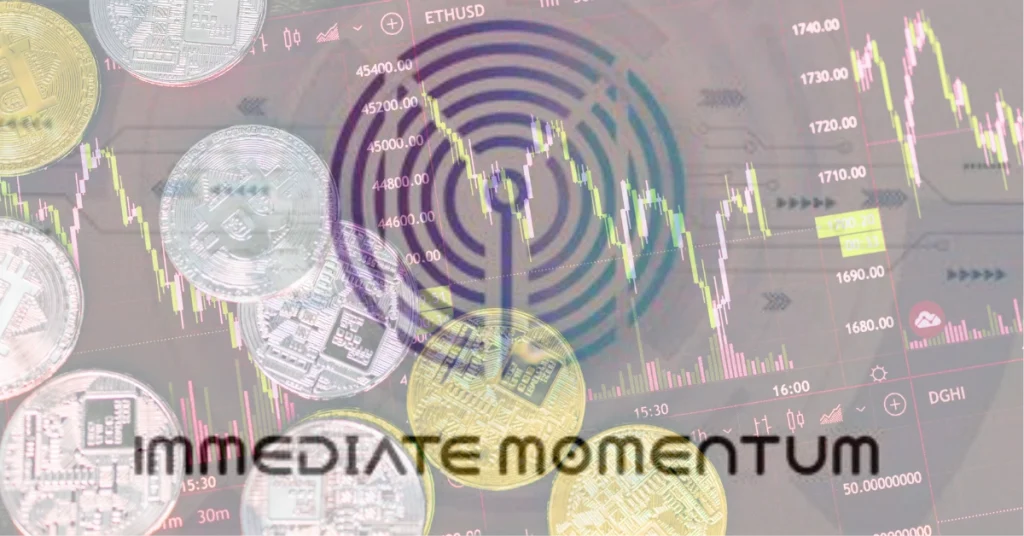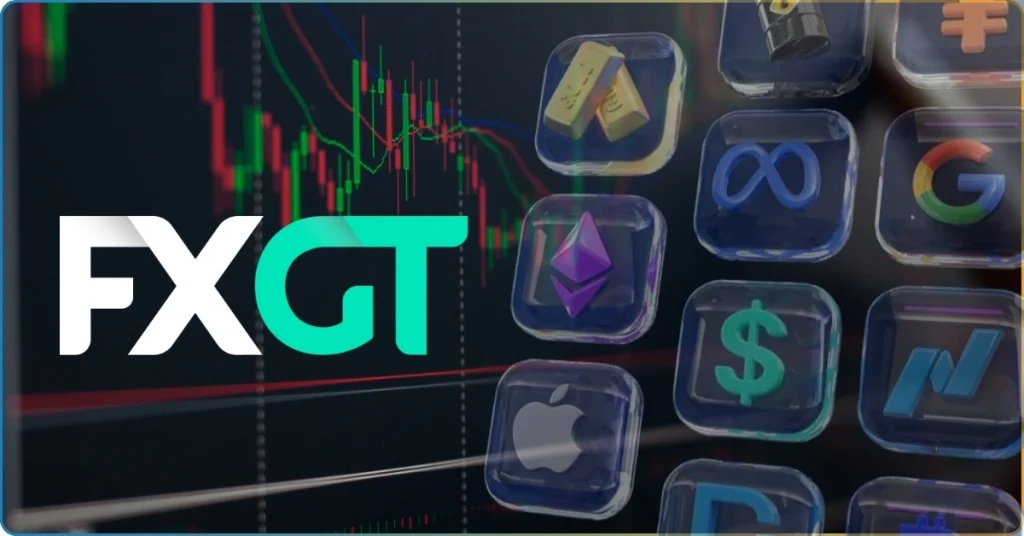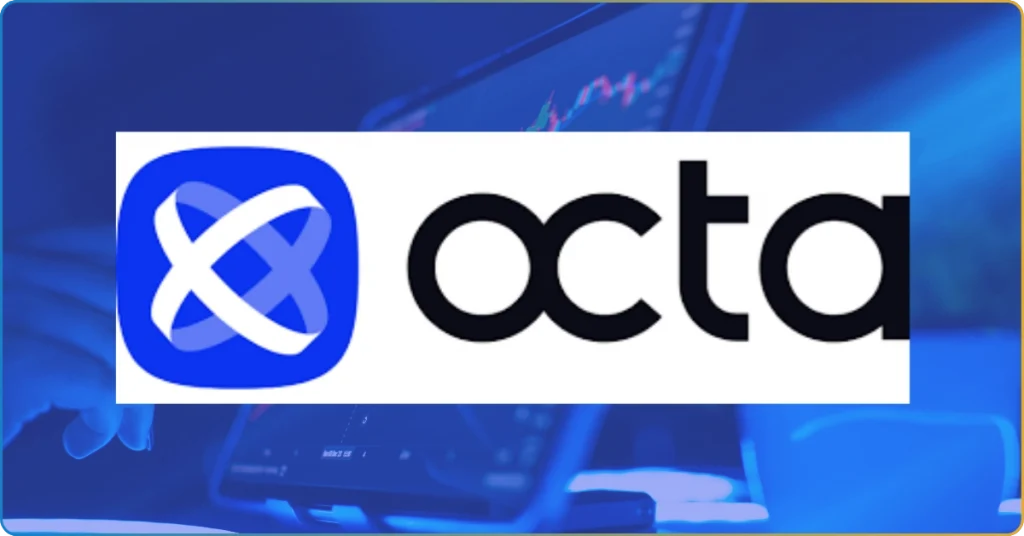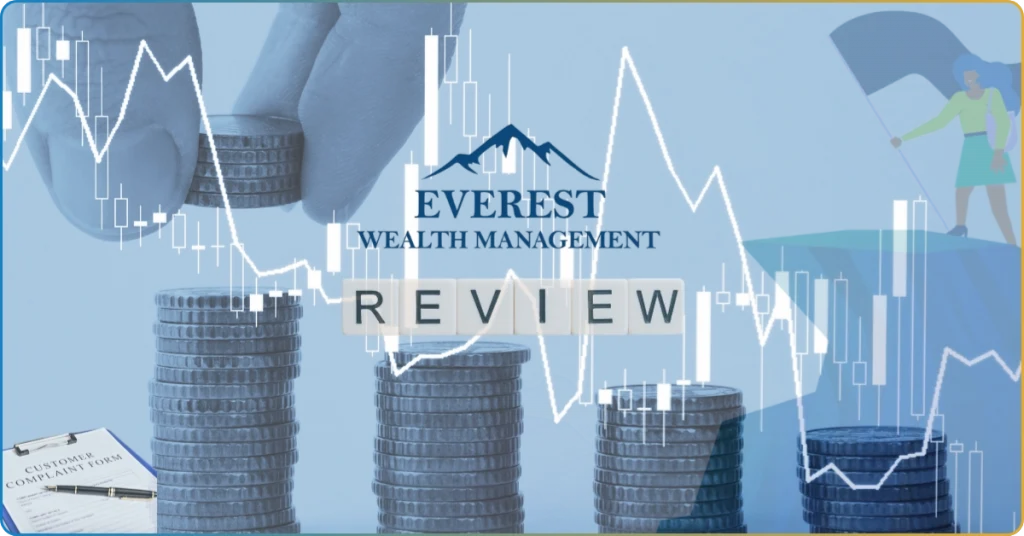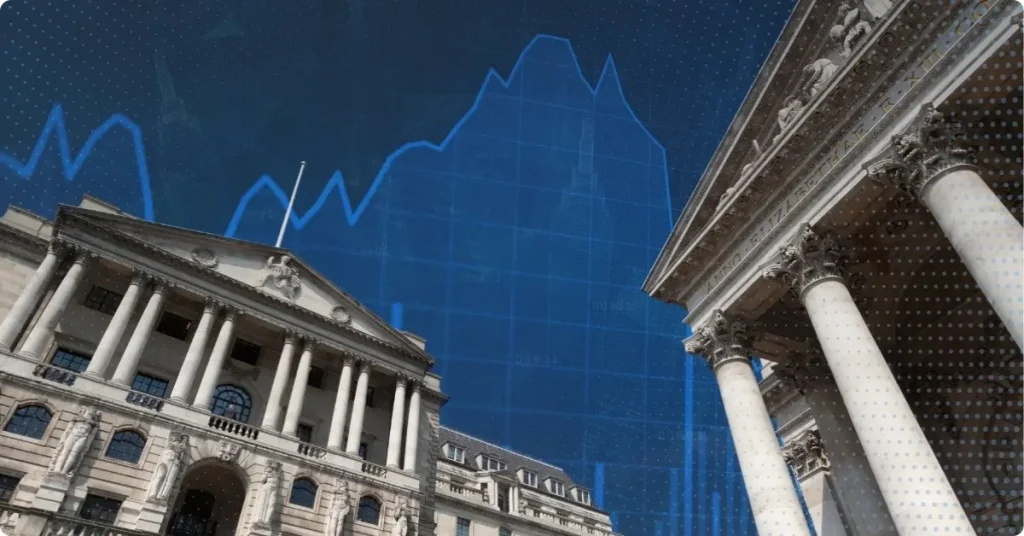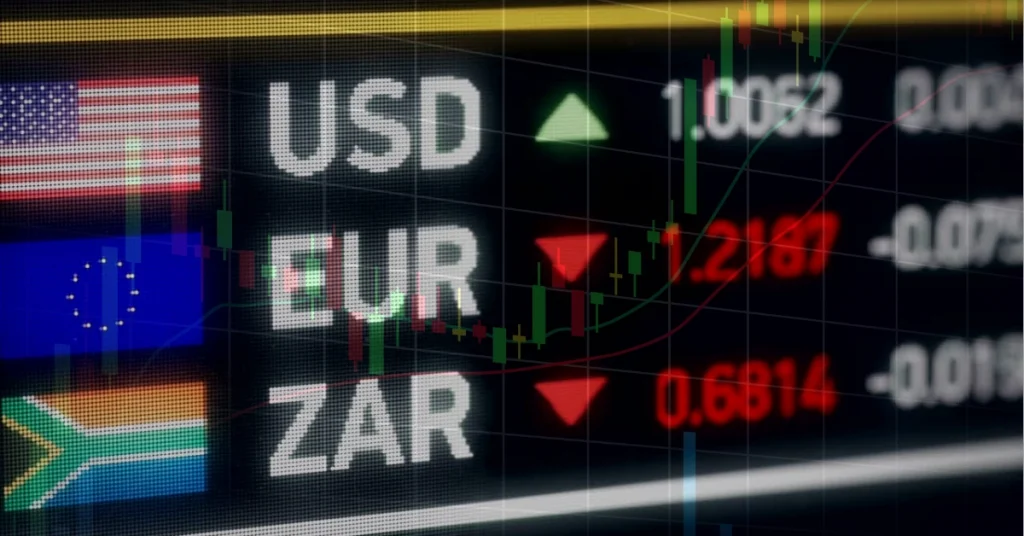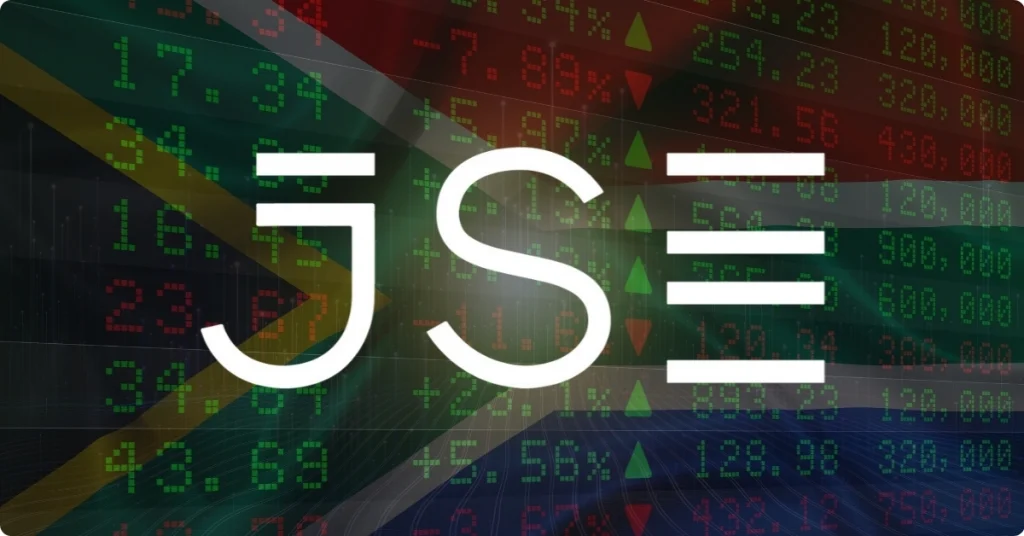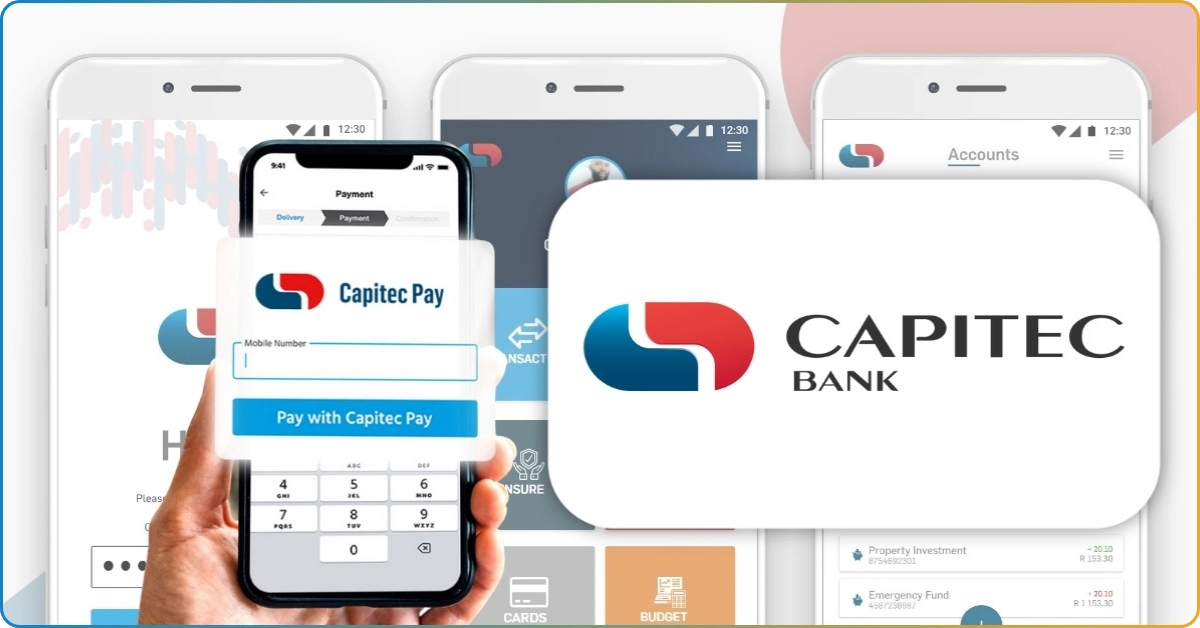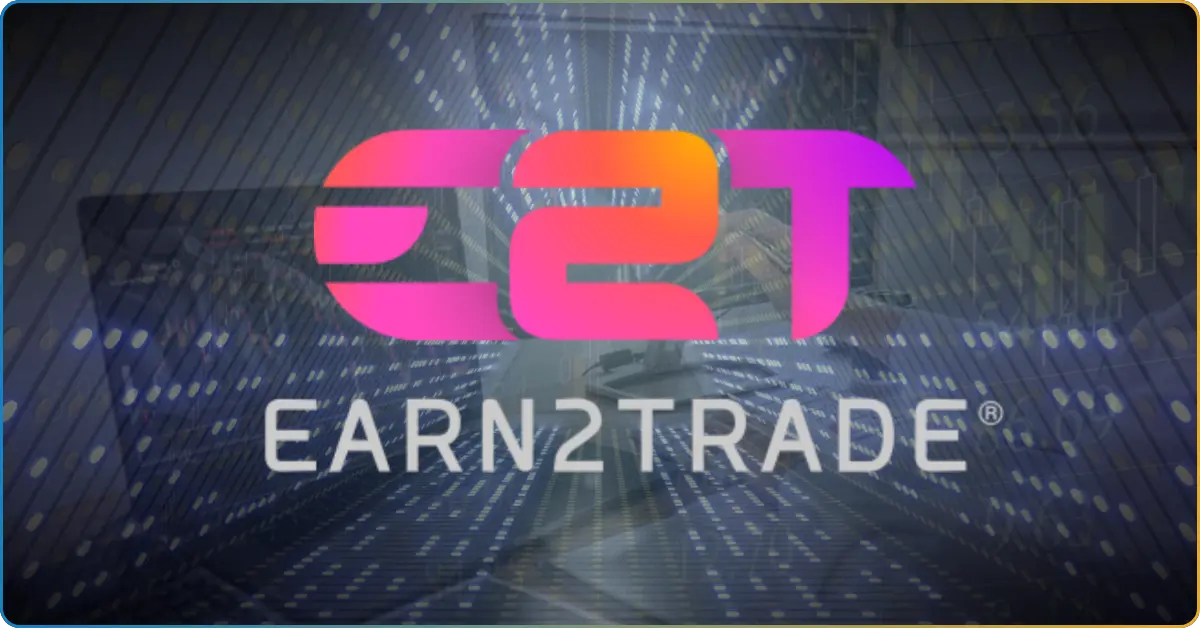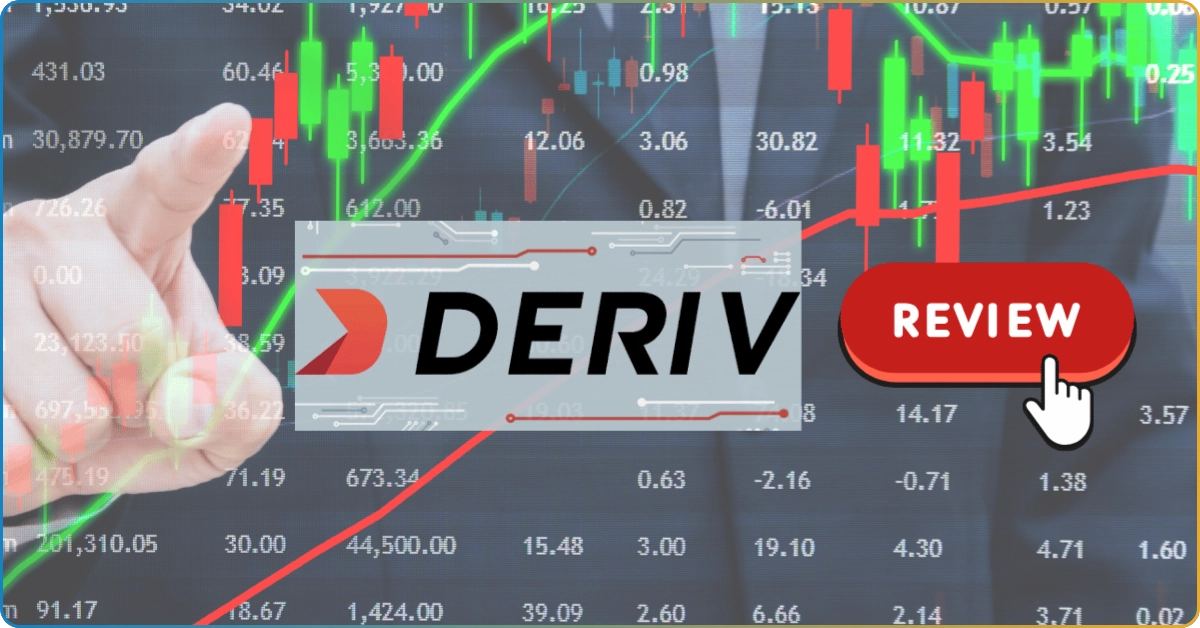Investments are long-term journey.
Being aware of this golden trading rule keeps you safe in the rising cases of investment scams. Especially in South Africa, where the cost of living is going nowhere but up, yet poverty remains strong.
With the desperation to improve their welfare, South African investors often bite the bait of those get-rich-quick schemes.
One busted investment scam in South Africa is the Digital Daily Return. Its scam operation became prevalent as it defrauded thousands of unsuspecting investors with multi-million worth of cryptocurrency.
How did they do it? They won the trust of their victims with false representation and, of course, the promise of quick and guaranteed return on investments.
Table of Contents
ToggleWhat Is Digital Daily Return?
Digital Daily Return (DDR) offered cryptocurrency investment for as low as USD 300.
This crypto investment scheme successfully targeted unsuspecting investors with the promise of guaranteed investment returns. Additionally, DDR claimed to be led by Barry Silbert, the CEO of Digital Currency Group (DCG).
The firm’s investment product won its members’ hearts (or exploited the desperation) despite the relatively costly minimum deposit.
According to DDR, the investment company is registered and incorporated in the British jurisdiction – claiming that it’s authorized by the Financial Conduct Authority of the United Kingdom (UK FCA).
However, the FCA Registry search has no information regarding Digital Daily Return. This confirms the unauthorized brokerage operation of DDR.
The company’s marketing campaigns targeted African countries like South Africa, Namibia, Algeria, and Eswatini. Even the Financial Sector Conduct Authority (FSCA) acknowledged that the company operates in South Africa and neighboring countries.
Digital Daily Return Trading Accounts
Digital Daily Return requires investors to open an investment account to enjoy the promised daily return on investment. Priced from USD 300 to USD 1000, these trading accounts attracted unsuspecting investors with big daily ROI.
Here are the three account types offered by DDR and their respective daily ROI:
| Account Type | Minimum Deposit | Daily ROI |
| Starter | USD 300 | 35% guaranteed return = USD 105 |
| Medium | USD 500 | 50% guaranteed return = USD 250 |
| Maximum | USD 1,000 | 75% guaranteed return = USD 750 |
However, other pieces of necessary investment information are inaccessible or remain vague on its platform.
Specifically, the company failed to include even the basic service description and withdrawal process.
But cunningly enough, the website has referral bonus information available. It attracted investors with a 10% investment-based reward per referral.
This raises a red flag as it’s a common characteristic of Ponzi schemes.
Read more: What Is Investment Ponzi Scheme: South Africa Financial Terrorists
Other Red Flags of Digital Daily Return
Digital Daily Return is a Ponzi scheme disguised as a cryptocurrency investment.
From its referral-centric business model and promised daily investment returns, the operator tried to exploit unsuspecting investors’ desperation.
Aside from that, three things further confirm the scam operation of Digital Daily Return.
The Promised Crypto Investment Return
Again, the primary appeal of Digital Daily Return was its guaranteed cryptocurrency investment return.
This promise presented opportunities for investors to quickly grow their capital through its investment product.
However, the cryptocurrency market is extremely volatile and highly speculative. It’s physically impossible even for expert investors to generate such guaranteed profits.
Always keep in mind this investment mentality – if it’s too good to be true, it’s likely untrue.
Using the Name of Barry Silbert
Another controversy surrounding the activities of Digital Daily Return is its malicious usage of Barry Silbert’s name.
Barry Silbert is the CEO of Digital Currency Group (DCG) – a legitimate venture capital firm focused on anything crypto.
Acknowledging Silbert’s influence in the cryptocurrency industry, DDR claimed to be led by him.
Luno, the parent company of Digital Currency Group (DCG), confirmed that the DDR operation was not affiliated with their company. Luno’s representative assured the public that Silbert didn’t encourage anyone to invest or engage in any trading activities.
The FSCA Warned the Public About Digital Daily Return
In 2021, the South African regulator confirmed that Digital Daily Return offered financial products within the borders and its neighboring countries.
According to the FSCA, DDR solicits crypto asset investment from the South African public through social media. The said social media account maliciously used the clout of Barry Silbert to build an impression of credibility.
Related: How Fraud Brokers Use Social Media to Scam Traders 2025
Finally, the investment company didn’t carry out a license to retail such financial products.
Read the full statement of the FSCA regarding the matter:
The Crypto Market Is Now Regulated in South Africa
The cryptocurrency market in South Africa operated in a grey area for more than a decade.
It was not regulated nor even acknowledged by the regulators and South African government as a legitimate financial security.
This made the South African crypto market extremely risky as no authoritative entity ensures fairness in every transaction.
However, the SA crypto regulatory landscape changed in 2022 when the South African Reserve Bank (SARB) formalized a code of conduct among crypto asset service providers (CASPs) in the country.
Among the SARB’s plans was requiring all CASPs to be licensed in accordance with the SA FAIS Act.
In 2025, the FSCA successfully distributed 138 CASP licenses out of 383 applications received.
Get-Rich-Quick Are Not the Only Investment Scam in South Africa
South Africa is a hot spot for investment scammers due to the country’s wealth inequality.
In fact, the Southern African Fraud Prevention Service (SAFPS) noted a staggering 32% increase in fraudulent activities in South Africa.
Among the common scams in South Africa are related to banking (45%), microfinance (19%), and retail (14%).
These fraudulent activities remain pervasive; however, it shouldn’t mean investors should suffer investment losses from them.
Remember to always verify their regulatory compliance to ensure fair brokerage practices. Additionally, connecting with experienced traders keeps you informed of the proven red flags of such scammers.


